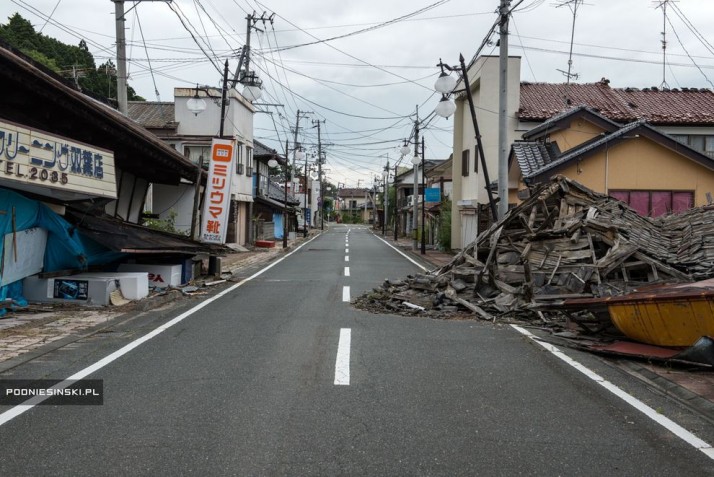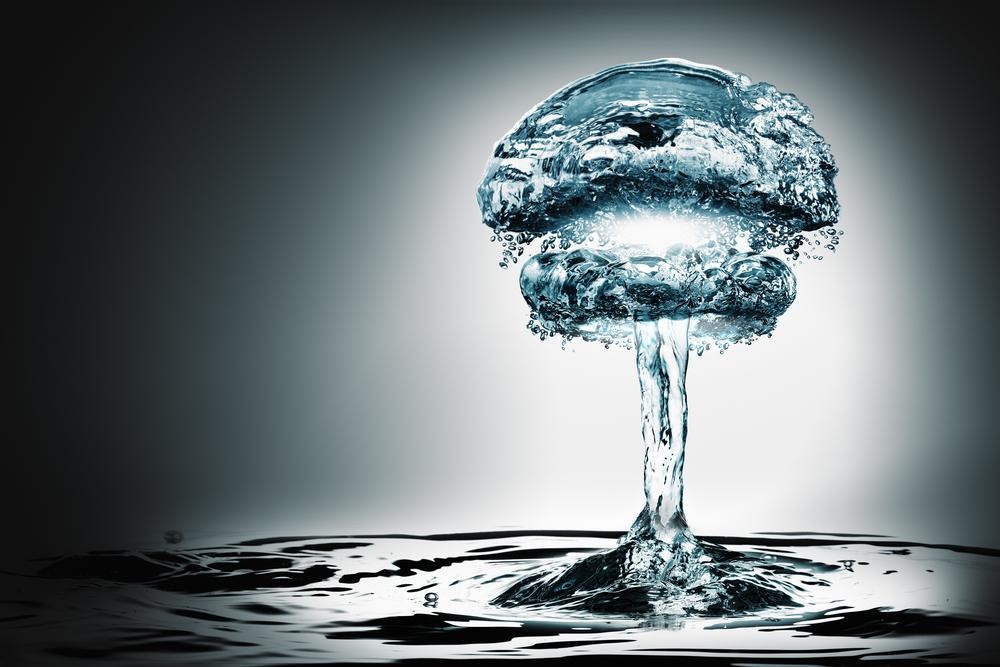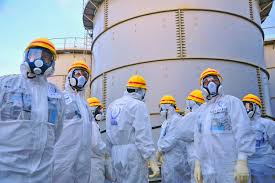TEPCO settles lawsuit over suicide of Fukushima dairy farmer but refuses to take responsibility for disaster
12/16/2015 / By Greg White

The Tokyo Electric Power Company (TEPCO), the organization in charge of the Fukushima Daiichi site, has agreed to make a payment to settle a lawsuit by the family of a dairy farmer who committed suicide in the wake of the 2011 nuclear disaster. Although TEPCO acknowledged that there was a causal connection between the catastrophe and the farmer’s suicide, they rejected the family’s request for an apology in the settlement document.
The settlement was reached Tuesday in the Tokyo District court. TEPCO agreed to pay in the region of 128 million yen (1 million U.S. dollars) to the farmer’s family for damages, although the exact amount was not disclosed.
Multiple suicides linked to TEPCO negligence following disaster
Shigekiyo Kanno, who died at age 54, committed suicide in a barn in June 2011 while his wife Vanessa and two sons were visiting her home country of the Philippines. A message painted on the barn’s wall was found by Kanno’s body that read, “If only there was no nuclear power plant. I no longer have the spirit to work.”
Kanno owned approximately 40 cows in Soma City, Fukushima Prefecture, which is about 50 km (approx. 31 miles) from the nuclear complex. After the Fukushima meltdown, Kanno’s milk shipments were suspended out of fear that they had been contaminated by radioactive waste bleeding from the plant.
According to the court documents, Kanno worried that he would be able to repay loans once his milk shipments were cut off. Consequently, Kanno’s financial woes drove him to suicide.
The Kanno family’s lawyers said they had decided to settle the case since TEPCO “can be seen to have acknowledged the causal connection.” Although TEPCO linked the suicide to the nuclear disaster, they failed to link the nuclear disaster to themselves.
“I am not fully satisfied with the content of the settlement, but I’ve decided to resolve the issue to return to a peaceful life as soon as possible,” Vanessa Kanno, 37, said in a statement Tuesday. “I never want this kind of sad thing to happen again,” to anyone else.
TEPCO refused to apologize and acknowledge personal accountability for Kanno’s suicide, but they issued a statement that read, “We mourn the loss of Mr. Kanno from the bottom of our heart.”
This isn’t the first time TEPCO has been held accountable for a suicide in the wake of the nuclear disaster. In 2014, a lawsuit was filed by Mikio Watanabe, a resident of the Fukushima Prefecture, against the power plant operator. Watanabe claims that his wife, Hamako, 58, suffered severe depression following the disaster, which drove her to commit suicide, by dousing herself in gasoline and lighting herself on fire.
A preventable disaster
TECPO has taken great steps to ensure that they are not held accountable for the lives the Fukushima disaster ruined, citing the forces of Mother Nature as the primary culprit to blame. The problem is, the Fukushima disaster was not an inevitable corollary of nature but a product of human negligence and insufficient pre-tsunami planning.
According to a study published in the journal Philosophical Transactions of the Royal Society, the nuclear meltdown occurred because the damaged facility was unable to cool the fuel in the nuclear reactors.
But the power plant’s reactors didn’t have to melt. The emergency diesel generators (EDGs) should have been at a higher elevation, according to the study. Apparently, TEPCO ignored reports that suggested an 8.6 earthquake could plague the region, which led to insufficient pre-tsunami planning on their part.
“The problem is that all of TEPCO’s studies were done internally; there were no safety factors built in the analysis, which anyway lacked context. Globally, we lack standards for the tsunami-specific training and certification of engineers and scientists who perform hazard studies, and for the regulators who review them, who can in principle ensure that changes be made, if needed,” stated Costas Synolakis of USC’s Viterbi School of Engineering in Turkey.
Make no mistake: TEPCO knows they have blood on their hands. The Fukushima disaster was not a natural catastrophe, but a consequence of the folly of man. The Fukushima catastrophe was infinitely more costly to lives of Fukushima residents than it was to TEPCO, which no amount of money can repay.
Sources include:
(2) RT.com
Submit a correction >>
Tagged Under:
FukushimaWatch, ShigekiyoKanno, suicides, TEPCOsettleslawsuit
This article may contain statements that reflect the opinion of the author
RECENT NEWS & ARTICLES
COPYRIGHT © 2017 FUKUSHIMAWATCH.COM
All content posted on this site is protected under Free Speech. FukushimaWatch.com is not responsible for content written by contributing authors. The information on this site is provided for educational and entertainment purposes only. It is not intended as a substitute for professional advice of any kind. FukushimaWatch.com assumes no responsibility for the use or misuse of this material. All trademarks, registered trademarks and service marks mentioned on this site are the property of their respective owners.




















